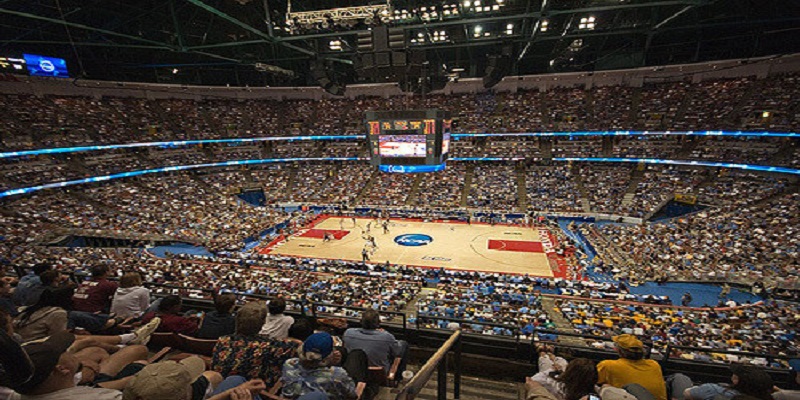NCAA Will Not Push for Integrity Fee

NCAA senior vice president and CFO Kathleen McNeely spoke to a number of athletic business representatives at the National Association of Collegiate Directors of Athletics’ annual convention. McNeely elaborated on the pending legalization of regulating sports betting. While the NCAA itself won’t pursue money that stems from the activity if it continues to be a state-by-state affair, individual institutions are welcome to try and claim any proceedings that result from such activities.
It’s worth clarifying that both the NCAA and NFL are favoring sports betting, but instead of the piecemeal approach the defeated PASPA envisages, they root for a federal law that will equate the industry all across the U.S. In the breaking up of the legal ice and create a patchwork of legal yes’s and no’s, West Virginia, has been trying to obtain integrity fee money so that the state may fulfill its social responsibilities accompanying any sort of gambling activity and cover the costs thereafter, such as monitoring and compliance.
NCAA Steers Clear of an Issue
McNeely used the opportunity to confirm that the organization is not interested in any gambling revenue. Whilst the NCAA will need additional money to maintain security checks and ensure that everything is in the open, NCAA association president Mark Emmert has made it clear that every individual school should decide for itself, based on the values it upholds.
Meanwhile, it’s worth to mention that the NCAA remains firmly opposed to sports betting it its current form. NCAA is also against advertising from parties involved in any form of sports gambling or/and state lotteries. More specifically still, the NCAA doesn’t allow its own staff or/and athletes to be participating in sports betting activities.
Amid the NCAA opposition, NBA commissioner Adam Silver along with representatives of the Major League Baseball has been arguing that the integrity fee may, in fact, be used in both curbing the expected negative consequences of adopting gambling at such a large scale.
What to Do, What to Do…?
The NCAA is aware of some of the controversies. Its members understand that as sports betting takes hold, their hand may be forced into looking for new sources of revenues to fund an activity that promises little ROI, i.e. addiction prevention.
To this end, the NCAA has already established its gambling working group that will take the summer and fall to deliberate how the organization should proceed in the future. One of the most pressing issues right now is whether the organization should collaborate with third-party companies to help it analyze betting activities as they develop.
Another floated idea is that the NCAA should work on its own system of monitoring the advance of sports betting. NCAA certainly doesn’t lack the funds to invest into extra activities, as the organization is reportedly said to be on its way to notching up $1 billion in revenue for its fiscal year that finishes on August 31.
In any event, the NCAA is not oblivious of future complications that may arise from its differences of opinion with sports betting lobbies and enthusiasts. Its future budget will now include sufficient funds to cover any legal fees in future.



